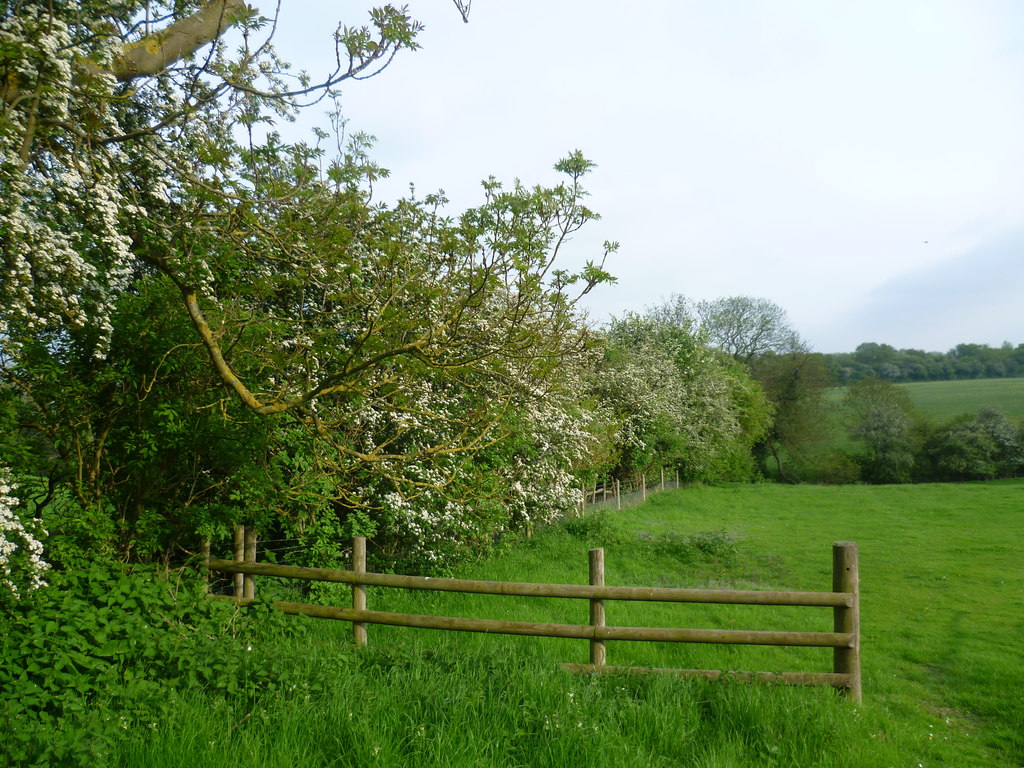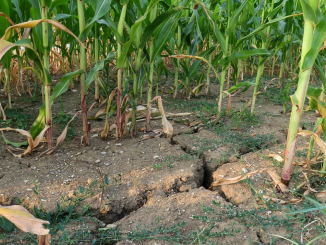
Some things move fast while others can seemingly be delayed indefinitely. And sometimes, as if by magic, both can happen at one and the same time. So it is with the CAP transitional regulation, where real transformation in agri-food is delayed by a further two years – but the process to do this is itself being fastracked at breakneck speed. The CAP process it seems, is running to stand still.
Two weeks ago we reported on a two year CAP transitional regulation arrangement being rushed through the Agriculture Committee. Some time this week – possibly today according to reports received by ARC2020 – this may be rubber stamped. Unless 76 MEPs vote otherwise, this new regulation will avoid the parliamentary scrutiny of Plenary and will go straight to the next stage. This stage, trilogue, involves negotiation with the National Agriculture Ministers.
Considering 1/3 of the EU budget for two years is to be allocated, with few amendments, this is a big decision to make without Parliamentary scrutiny – moreover, this means that real change in CAP will be delayed by two possibly even three years.
Initially the European Commission foresaw just a one year technical extension, however the agriculture committee vote in April allowed for a two year extension.
While a two or three year transitional period may seem to short to do anything significant, in effect there are changes that can be adopted quickly. There are already verifiably successful and less successful instruments in the CAP. In fact, much evidence has been amassed on this matter, as we are now at the end of the CAP cycle.
Read COMAGRI’s adopted report on the transitional provisions for 2021 including amendments
See at the end of this article for a number of links to relevant articles on the European Court of Auditors and researchers such as Sebastian Lackner on CAP.
In particular Greening has been shown to lave limited impact due to environmentally ineffective measures being chosen. Were poor greening options to be eliminated, CAP’s environmental performance could immediately be improved, without farmers or administrator having to learn anything new: they could simply draw from a more refined set of options. Ecological Focus Areas – both the options available and the weightings given to the available options – are an obvious target.
It is certainly important to give farmers assurances and stability for the near term future in this Covid19 era. However using existing instruments manages to do both – improve CAP’s ecological performance and give farmers certainty.
There are a number of ironies here; this transitional arrangement could help ease the real transition towards agreoecology that is so sorely needed. It could bring CAP more into line with the coming Farm to Fork and Biodiversity strategies, which will over time usher in change in CAP.
While using existing CAP instruments would not be enough long term, considering the scale of the ecological challenges ahead, the transitional regulation could be used to bring in important adjustments which could benefit nature and reward farmers.
In other words, a transitional CAP regulation could help farmers actually transition to a more sustainable and resilient farming system.
Instead we face delays to the EU’s Farm to Fork and Biodiversity strategies, and the fast tracking of a regulation on transitional provision that will, ironically, delay the transition to a more sustainable, resilient farming system in the EU. As the famous song by U2 warbled back in the 1980s, EU agri-food and rural policy is running to stand still.
More
Ecological Focus Area in Germany: What Influences Farmers’ Decisions?





